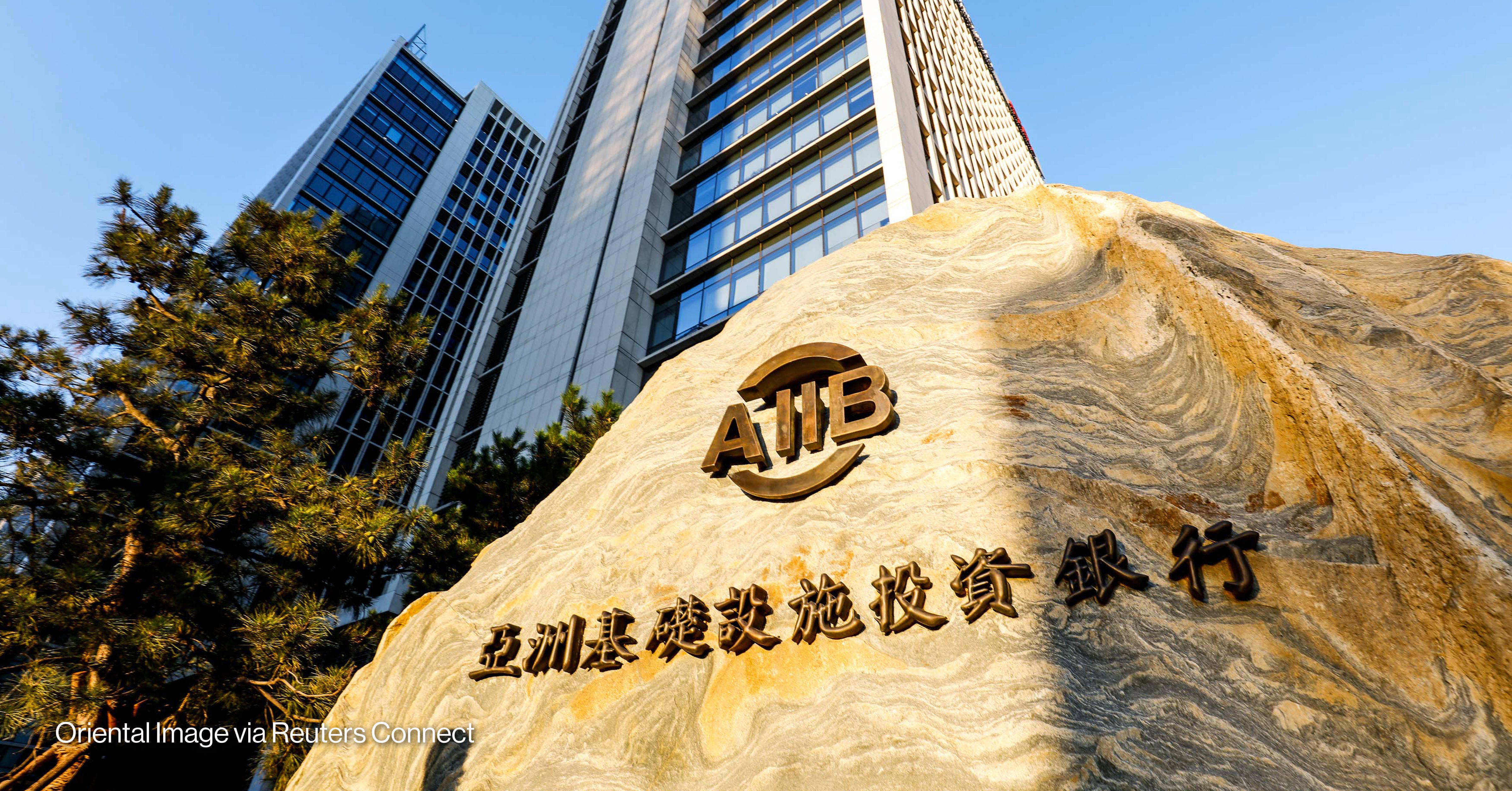
In February 2011, more than 800,000 anti-malaria bednets arrived in Zambia and were distributed three months ahead of schedule and before the peak of the deadly rainy season, thanks to a deal reached by the government of Zambia, the World Bank, UNICEF, Stanbic Bank Zambia, part of the Standard Bank Group and the United Nations Foundation. Support came from the African Leaders Malaria Alliance and the U.N. Secretary-General’s special envoy for malaria.
This deal marked the inaugural transaction of the Pledge Guarantee for Health, a financial tool developed by the U.N. Foundation, through the Reproductive Health Supply Coalition with help from Dalberg Global Development Advisors, and funded by the Bill & Melinda Gates Foundation. PGH streamlines the procurement of lifesaving health supplies. The $4.8 million deal provided anti-malaria bednets to 1.6 million people and potentially averted tens of thousands of malaria cases, saving the lives of thousands of children in Zambia, who are more at risk of catching malaria during the rainy season.
Kapembwa Simbao, the Republic of Zambia’s minister of health, said: “Congratulations and many thanks to the partners who worked quickly and efficiently to pilot this innovative finance mechanism in Zambia. This coordinated and rapid response accelerated the distribution of malaria control interventions and ultimately saved lives in my country.”
Kevin Starace, executive director of global health innovation at the U.N. Foundation, explained: “The process is new, but the goal of Pledge Guarantee for Health is simple: to more quickly and effectively reduce childhood deaths from easily preventable diseases. The PGH helps streamline the flow of aid dollars, reducing inefficiencies and premiums that governments pay on health commodities due to bottlenecks in the grant disbursement process.”
Here is how it works. PGH facilitates short-term loans to developing country recipients on the basis of pending aid commitments. This enables recipients to avoid stock-outs, emergency shipments, and high costs that can arise when they must wait for funding to replenish supplies of critical medicines. The PGH is flexible, and transactions are structured to accommodate needs of both recipients and donors. Thanks to PGH facilitating the process and guaranteeing the bank loan, health supplies are procured up to eight months faster, and commodity premiums are reduced by up to 83 percent.
“We applaud the efforts of countries like Zambia and development partners to create a system that gets health aid to where it’s needed fast and in time to avert emergencies,” said Eva Jarawan, health manager for the World Bank’s Africa region. “Innovative financial mechanisms like the Pledge Guarantee can make a real difference in delivering anti-malaria bednets and other vital health supplies quickly and efficiently to communities which need them the most.”
In Zambia, once the guarantee was issued, it took the government of Zambia and UNICEF less than three weeks to deliver the bednets to the district-level.
Richard Gush, CEO of Standard Bank corporate and investment banking, said that Standard Bank was pleased to be part of a partnership that will save lives.
“We are privileged to be involved in this project, the first under the auspices of the PGH, and to be able to contribute through providing a financial solution that could help solve a continental problem,” he said. “We recognize that the African private sector has a leadership role to play when it comes to creating solutions to meet Africa’s development challenges and being responsive to the needs of the communities in which it operates.”
Ray Chambers, the U.N. Secretary-General’s special envoy for malaria, said: “While Zambia has made tremendous progress in malaria prevention in recent years, the recent resurgence reported by the World Health Organization highlights the need to remain vigilant and ensure that nets are not only financed, but arrive on time. The success of this innovative deal provides us with an important new tool in the fight to end deaths from malaria by 2015.”
The percentage of Zambian households owning at least one anti-malaria bednet increased from 38 percent in 2006 to 64 percent in 2008. With the additional bednets, Zambia will be able to make more progress toward achieving the health-related Millennium Development Goals.
The Bill & Melinda Gates Foundation investment in PGH is part of an initiative announced last year that commits a total of $400 million in program-related investments during a two-year period to deepen the impact of the foundation’s work through non-traditional means. These include the use of financial tools such as low-interest loans, loan guarantees and equity investments to secure financing for the charitable activities of select organizations and programs that fall within its core focus areas.
Read also New Financing Mechanism Cuts Time Between Grant Approval, Aid Delivery and visit www.pledgeguarantee.org to learn more.








